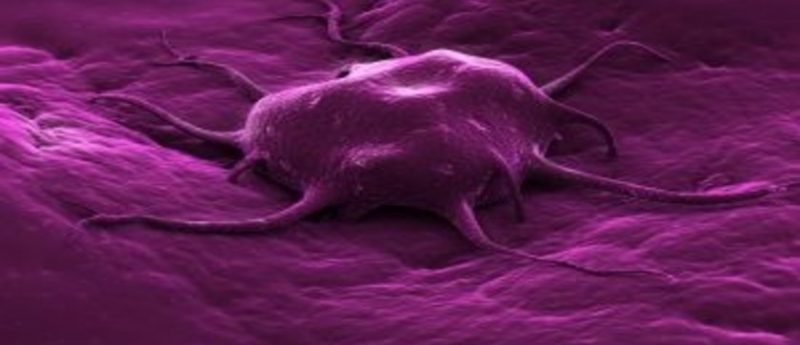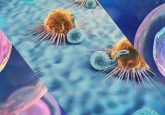Differences in metabolic pathways in castration resistant prostate cancer and androgen-dependent prostate cancer may lead to new therapies

Preclincal research recently published in Nature Communications investigated the metabolic differences between androgen-dependent prostate cancer and the more lethal castration resistant prostate cancer (CRPC). Researchers from the Baylor College of Medicine (TX, USA) utilized an innovative approach, integrating gene expression data with metabolomics data, to identify alterations to metabolic pathways in different prostate cancer types.
Androgen-dependent advanced prostate cancer is normally treated by removing the androgen, which allows its growth. Though this treatment is effective initially, it often leads to the tumor becoming resistant to castration and thus becoming CRPC, with the associated altered metabolic pathways.
The corresponding author of the research paper, Arun Sreekumar (Baylor College of Medicine) commented: “Of these metabolic pathways, the hexosamine biosynthetic pathway (HBP) showed significant alterations.”
Sreekumar and colleagues discovered that when genes involved in HBP, which is less active in CRPC than in androgen-dependent prostate cancers, were knocked down in CRPC-like cell models, the cells displayed a notable increase in proliferation, both in culture and in vivo.
When the team added UDP-N-acetylglucosamine, a product of the HBP metabolic pathway which the cells lacked, the rate of growth decreased. When enzalutamide was further added to the cells alongside UDP-N-acetylglucosamine, the proliferation decreased further.
“This result is particularly noteworthy because our cells were essentially resistant to enzalutamide alone,” Sreekumar added.
By investigating the metabolic characteristics of CRPC tumors that are resistant to conventional therapy, the team has highlighted the possibility of using HBP as a new potential therapeutic target for CRPC, which accounts for a near 30,000 annual deaths in the USA.
Source: https://www.bcm.edu/news/cancer-prostate/differences-prostate-cancer-types-therapies



